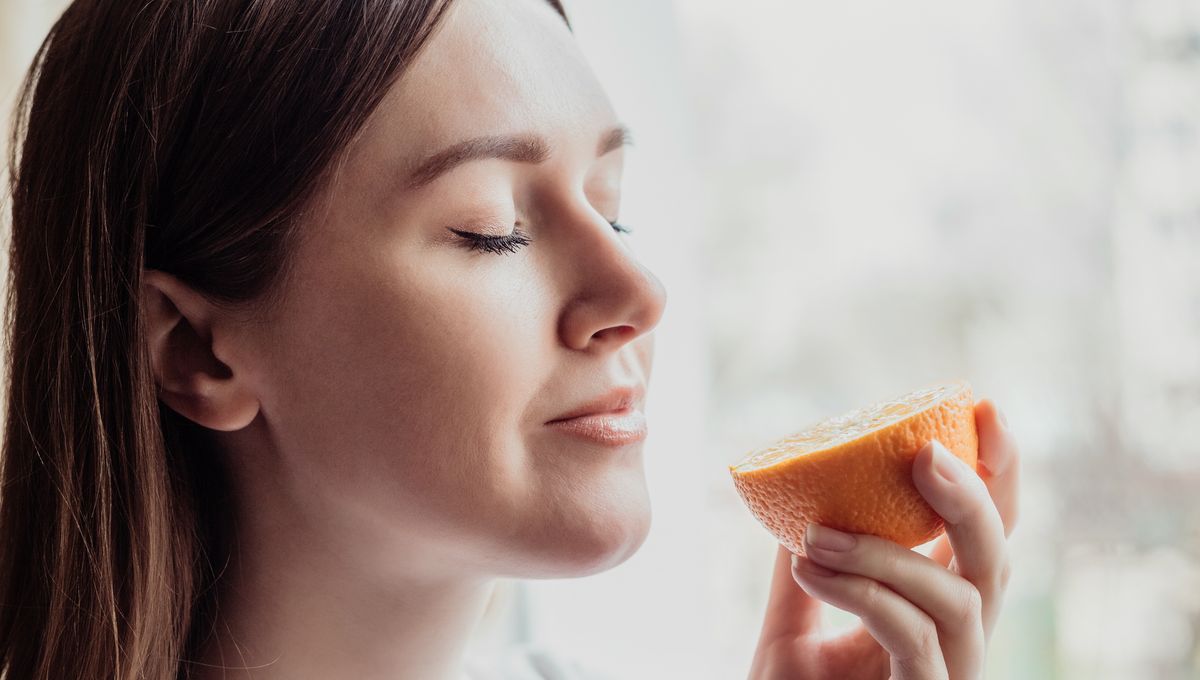
A small group of long COVID patients have successfully had their sense of smell restored, after taking part in a trial where they received surgery that’s typically used to help people breathe more easily.
ADVERTISEMENT
The surgery, known as functional septorhinoplasty (fSRP), is frequently used to correct problems like a deviated septum and other nasal blockages, but recent studies have suggested that it might simultaneously improve people’s sense of smell. This led researchers to wonder if it could also help patients who were experiencing long-term loss of smell after having had COVID-19.
To find out, they recruited 25 adults into a trial, all of whom had a similar degree of loss of their sense of smell. They were then split into two groups: one group of 12 people, who all received (fSRP), and a control group of 13 people, who didn’t receive the surgery.
Over the course of the six months that followed, the participants all had their sense of smell tested using what’s known as a Sniffin’ Sticks test, where a pen-like device is used to dispense smells and help figure out how sensitive someone is to odors, how well they are able to tell certain odors apart, and how well they can identify what a particular odor is.
The researchers also kept track of nasal airflow – that’s the volume of air passing through someone’s nose.
The results were clear; all of the patients who received the surgery showed “significant improvements” in their sense of smell, while those in the control group showed no improvement or an even further loss of smell. Researchers attributed the improvements seen to increased nasal airflow.
Quite how this works to improve the sense of smell isn’t clear. The team is hoping to carry out more research investigating the potential neuronal changes involved, but they think that the increased airflow, and consequently, the increased level of odorous chemical compounds heading into the nose might be helping to “kickstart” recovery.
ADVERTISEMENT
While these results are positive, it’s not a guarantee that the surgery will become a routine treatment. More research on the safety and efficacy of the procedure will need to be carried out before it can reach that point, primarily by studying larger groups of people for longer – some of the participants in this trial dropped out before the six-month follow-up.
Still, for some of those involved, the results have been life-changing.
“Before I had the surgery on my nose, I had begun to accept that I would probably never be able to smell or taste things the way I used to. It seemed dire, and after around two and a half years of parosmia, I had totally changed my lifestyle,” Penelope Newman, one of the trial participants, said in a statement.
“Since the surgery, I have begun to enjoy food and smells the same way I used to. I can now cook and eat garlic and onions (and people can cook for me too). I can go out to eat with my friends and family.
ADVERTISEMENT
“My taste and smell have almost returned to normal – I’m not sure if it will ever fully return as I still have a small reduction in it, but I am so glad that I am no longer as isolated as I once was. I will never take my senses for [granted] ever again.”
The study is published in Facial Plastic Surgery.
Source Link: Long COVID Patients Get Sense Of Smell Back After Surgical Breakthrough